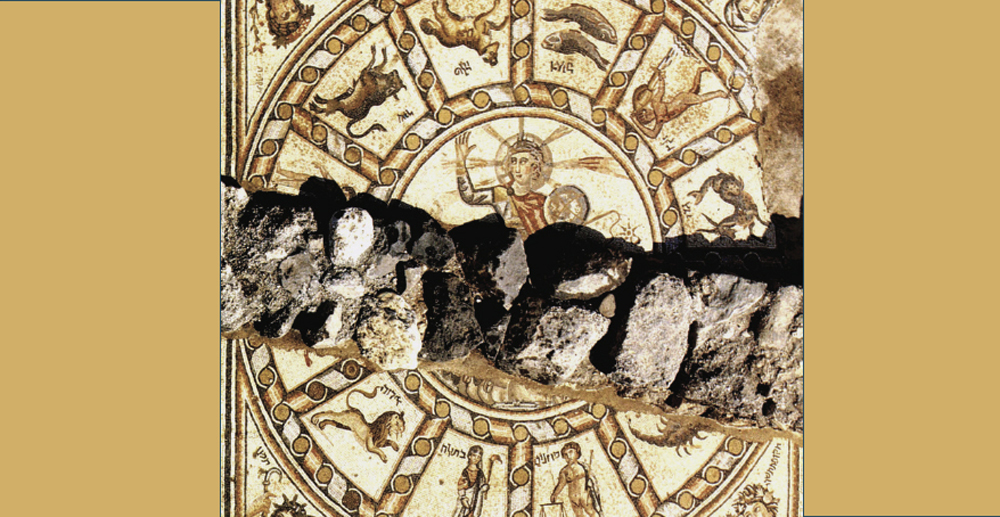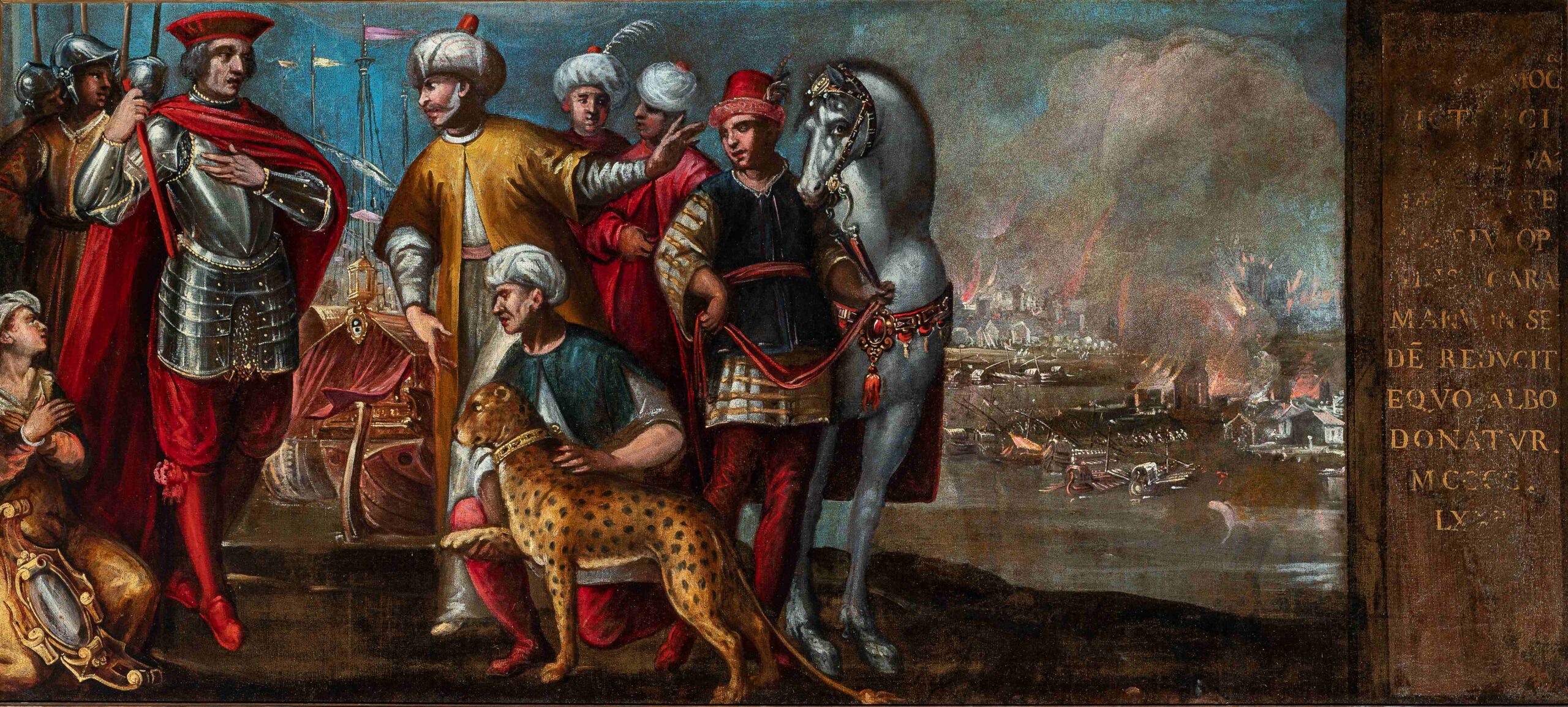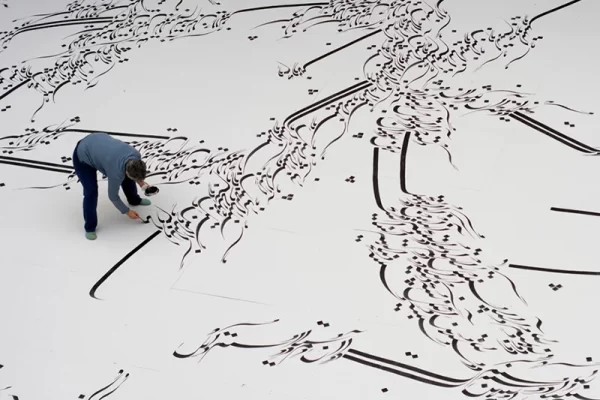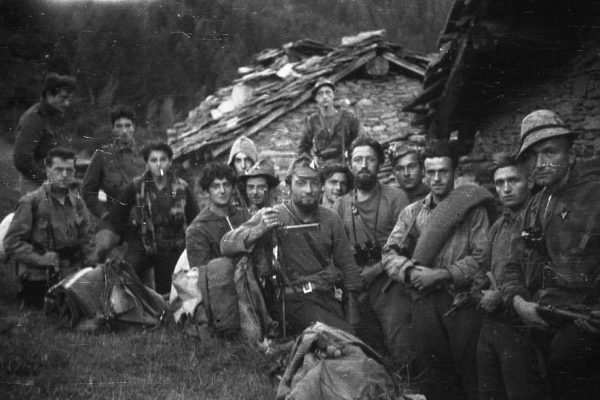Aline Sierp, History, Memory, and Trans-European Identity. Unifying Divisions, Routledge Studies in Modern European History, 2014
What is most interesting to you about memory culture in Europe?
The most interesting aspect of European memory culture is certainly its multi-layered character. Memories of liberation and resistance stand alongside the trauma of aerial bombardment and the experience of occupation. In Western Europe the Holocaust and WWII have become the focal point for the formulation of democratic principles and values. In Eastern European countries the different layers of experiences during and after WWII created a tangled web of overlapping recollections and interpretations, while the experiences of authoritarian regimes in Southern European countries remain strangely absent from European-wide recollections of the ‘short 20th century’.
In your recent research on memory culture, what has surprised you or challenged you the most?
The most challenging aspect of my recent research on memory culture was the fact that those different memory frames described above are constantly redefined and renegotiated. They oftentimes clash, creating new lines of conflict at different levels. Political actors frequently take advantage of this, using and abusing memory for their own short-term purposes. To entangle those developments, while respecting both the temporal and the spatial order, has probably been one of the most difficult aspects of my work.
Briefly, how do you see the future of memory culture in Europe developing?
I believe that as countries are moving closer and closer together within the framework of the European Union, it will get increasingly difficult for nationalistic self-centered interpretations of history to survive. As I have shown in my recent book ‘History, Memory, and Trans-European Identity: Unifying Divisions’ published by Routledge in June 2014, memory discourses – at least on the official level – have started to converge. My analysis, however, also demonstrates that a lot of steps have to be taken still, before we will be able to talk about a genuine trans-European memory culture. I am nevertheless convinced that although the idea of a common European memory still seems to be more a vision than reality, it is certainly the great potential inherent within the project of European integration.
What do you find are the most common misconceptions about developing a trans-European memory culture?
Politicians and scholars alike usually support the general idea that a trans-European memory culture cannot develop because the different national frames diverge too much. I do not believe that it is the existence of different memories that impedes the development of a trans-European memory culture. Rather, what constitutes the typical ‘European’ element of a European memory framework, and could also become a vector for the socialisation of European citizens, is the transnationalisation of debates on precisely these differences. It is the ability to discuss disagreement, to face conflict over historical narratives and to draw lessons for a common future that constitutes the basis for a ‘European’ memory culture. In that sense, it is not so much memory in itself as rather the way it is dealed with that seems to increasingly acquire a European dimension. This has usually been overlooked by both scholars and public opinion makers.
What are your three favorite books on history and memory?
I like the edited collections by Richard Lebow , Wulf Kantsteiner & Claudio Fogu (Eds.). (2006). The Politics of Memory in Postwar Europe. Durham: Duke University Press and by Małgorzata Pakier & Bo Stråth (Eds.). (2010). A European Memory? Contested Histories and Politics of Remembrance. Oxford: Berghahn Books because both give a very good empirical overview of the field. In terms of theoretical insights I oftentimes draw from Aleida Assmann’s work. Unfortunately a lot of her publications have not been translated into English yet (i.e. Assmann, A. (2006). Der lange Schatten der Vergangenheit. Erinnerungskultur und Geschichtspolitik. Munich: C.H. Beck.)









